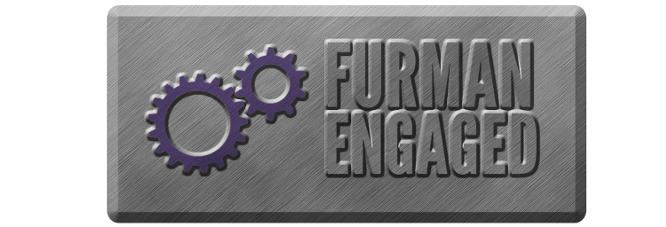"I Want to Be Like You" – Or Do I?: Zoo Redressal of Stereotyped Anthropomorphism in Literature and Animated Films
Department, Center, or Institute
English
Presentation Format
Oral Panel Presentation
Presentation Type
Capstone course
Description
The way certain anthropomorphized animal species are portrayed in literature and film often via racial, ethnic, or class stereotypes, affects public perception of these species negatively, and zoos are actively trying to dispel these negative perceptions and boost conservation efforts using a combination of positive anthropomorphism and scientific facts. This study will highlight examples of racialized, ethnic, or class-based anthropomorphism of animal characters in animated Disney, Pixar, and DreamWorks movies asprimary sources, and then discuss critical literature that delves into these stereotyped portrayals and their consequences. The study will then contextualize this with research that shows how cultural influences people’s perception of animals and creates the idea of hierarchy amongst animal species based on anthropomorphized traits. The study also show how zoos are working to dispel negative public perception of these species and educate people on their value to the ecosystem by using positive anthropomorphism and scientific facts.
Department Organized Oral Session Title
Interdisciplinary Presentations Group 3
Moderator/Professor
Laura Morris, English
Session Number
3
Start Date and Time
4-9-2019 1:45 PM
Location
Furman Hall 109
Recommended Citation
Kaushik, Akanksha, ""I Want to Be Like You" – Or Do I?: Zoo Redressal of Stereotyped Anthropomorphism in Literature and Animated Films" (2019). Furman Engaged!. 26.
https://scholarexchange.furman.edu/furmanengaged/2019/all/26
"I Want to Be Like You" – Or Do I?: Zoo Redressal of Stereotyped Anthropomorphism in Literature and Animated Films
Furman Hall 109
The way certain anthropomorphized animal species are portrayed in literature and film often via racial, ethnic, or class stereotypes, affects public perception of these species negatively, and zoos are actively trying to dispel these negative perceptions and boost conservation efforts using a combination of positive anthropomorphism and scientific facts. This study will highlight examples of racialized, ethnic, or class-based anthropomorphism of animal characters in animated Disney, Pixar, and DreamWorks movies asprimary sources, and then discuss critical literature that delves into these stereotyped portrayals and their consequences. The study will then contextualize this with research that shows how cultural influences people’s perception of animals and creates the idea of hierarchy amongst animal species based on anthropomorphized traits. The study also show how zoos are working to dispel negative public perception of these species and educate people on their value to the ecosystem by using positive anthropomorphism and scientific facts.

